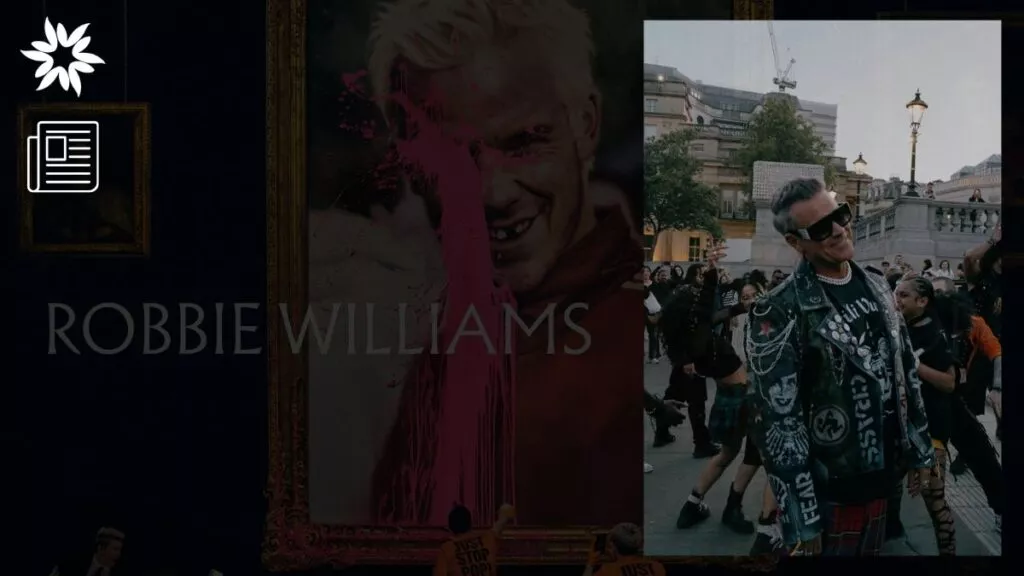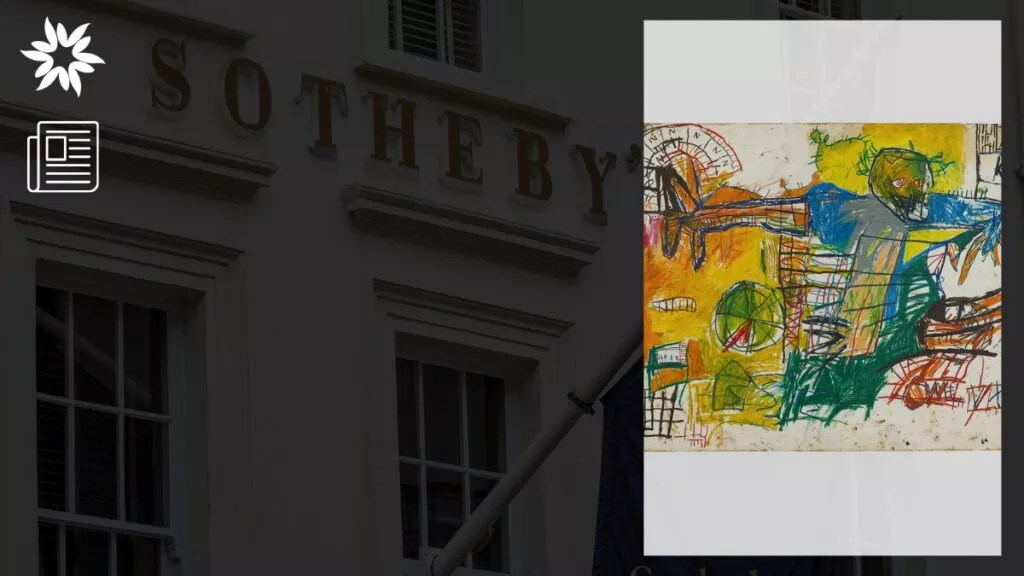The Mona Lisa’s journey to becoming the world’s most famous painting is filled with intrigue, from the mystery of her smile to her rise as a cultural symbol. Here’s a look at why this artwork continues to capture the world’s attention.
Key Takeaways
- The Mona Lisa is famous for her mysterious expression, ongoing debates about her identity, and her place as a must-see attraction in Paris.
- Over the years, the painting has inspired many tributes and parodies, keeping it relevant in both art and pop culture.
- The 1911 theft of the Mona Lisa brought international attention to the painting, helping turn her into a global icon.
The Mona Lisa’s Influence on Art and Pop Culture
The enigmatic Mona Lisa – from Nat King Cole’s lilting melodies in 1994 to Beyoncé and Jay-Z’s groundbreaking 2018 music video, her impact has reverberated through time and across cultures.
From Renaissance Italy to today’s pop culture, Leonardo da Vinci’s Mona Lisa remains a global fixation. Here’s a closer look at why we can’t seem to get enough of her.
The Mona Lisa: More Than Just a Painting
In the heart of Paris sits an enchanting lady with a magnetic smile, as iconic as the Eiffel Tower. The Mona Lisa, a resident of the Louvre for centuries, has played the muse to countless creatives from Marcel Duchamp to Virgil Abloh, all drawn to her enigmatic aura.
In the 1960s, the rise of mass tourism saw Paris as a top destination, and the Mona Lisa was an unmissable stop. Her rare travels outside France only amplified the global ‘Mona Lisa Fever.’ Her star-studded journey to America in 1963, facilitated by none other than Jacqueline Kennedy, drew millions. A subsequent trip to Japan a decade later further solidified her legendary status.
Ensconced in her bulletproof case in the Louvre’s grandest room, the Salle des États, she continues to be the star attraction. In 2018, a leaked French Ministry of Culture report revealed that nine out of ten Louvre visitors come specifically to see this lady of enigma.
How Parodies, Advertising, and Theft Elevated the Mona Lisa’s Fame
As early as 1914, the Mona Lisa’s widespread recognition made her the subject of numerous parodies and homages. Artists like Kazimir Malevich, Marcel Duchamp, and Andy Warhol used her image to create impactful works of art, contributing to her omnipresence in global culture.
Even in advertising, her face was inescapable. Starting from the 1960s, the Mona Lisa graced about 23 new advertisements annually, with the figure doubling in the next decade.
However, it was an audacious theft in 1911 that catapulted the Mona Lisa into the realm of the extraordinary. The painting‘s theft by Italian carpenter Vincenzo Peruggia created a worldwide media storm, with museumgoers thronging the Louvre just to see the empty wall where she once hung.
There have been many other instances where different types of art-inspired movies, advertisements, and more, boosted the popularity of paintings.
The Art and Mystery That Keep the Mona Lisa Fascinating
Da Vinci’s innovative approach and mastery of the sfumato technique set the Mona Lisa apart from her contemporaries. Her soft, glowing countenance and nuanced smile, products of Leonardo’s exhaustive study of facial anatomy, give her a unique appeal.
Adding to the intrigue is the uncertainty around her identity. While most historians accept Vasari’s claim that she is Lisa Gherardini, the wife of a Florentine silk merchant, others propose alternate theories. Some speculate that she could be Isabella d’Este, a significant art patron of the era.
Regardless of her true identity, the Mona Lisa continues to captivate global audiences. Her mystic smile, her elusive identity, and her journey through history make her a true icon of our times.
The tale of the Mona Lisa serves as a testament to the enduring power of art and its influence across centuries.








